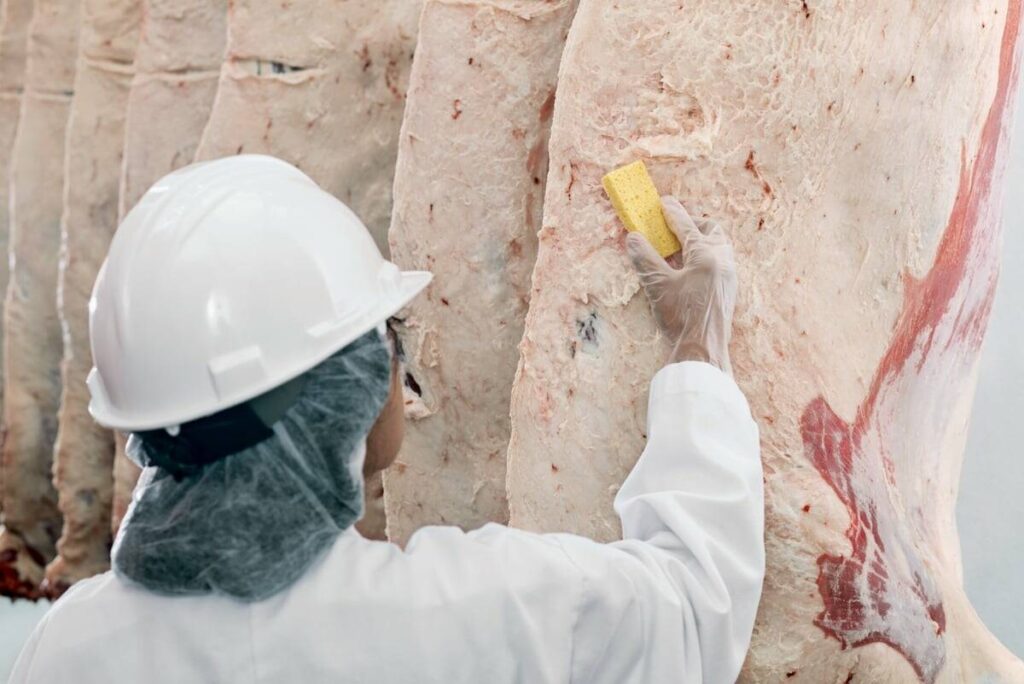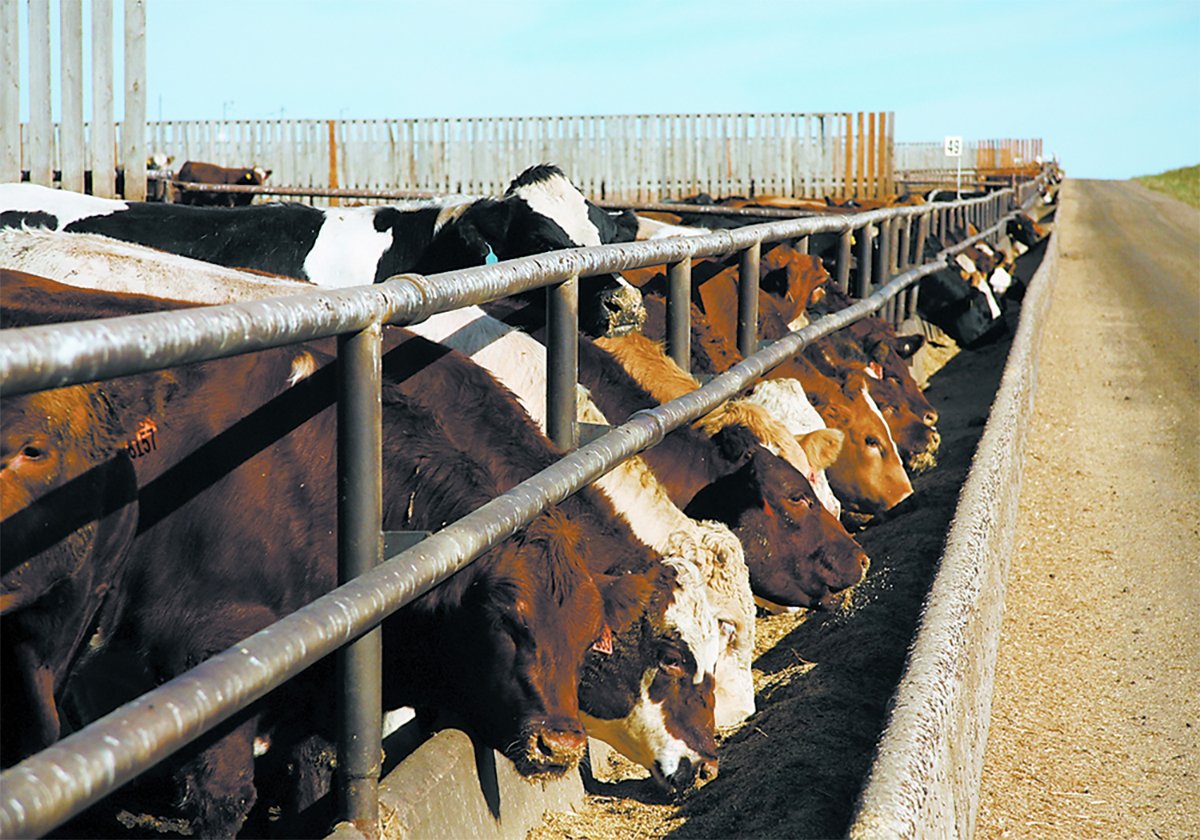Canadian beef exporters escape tariff damage

I could almost hear the huge sighs of relief coming from Canadian livestock and meat producers on April 2 when U.S. president Donald Trump announced he was imposing a new 10 per cent tariff on all imports.
That’s because goods that comply with the Canada-U.S.-Mexico- Agreement (CUSMA) are expected to be exempt from the new tariffs.
Follow all our tariff coverage here
Read Also


Alberta cattle feeder association nears loan program suspension resolution
Cody McBride has been hired as the new supervisor for the Picture Butte Feeder Co-operative, indicating its suspension from Alberta’s Feeder Associations Loan Guarantee program will soon be lifted.
However, non-compliant goods will be subject to a 25 per cent tariff, with exceptions for energy and potash from Canada.
Trump, however, imposed even higher tariffs on nations the White House considers bad actors. He imposed a 34 per cent tariff on Chinese imports on top of the existing 20 per cent and says he will impose a 20 per cent tariff on imports from the European Union and a 24 per cent tariff on Japanese imports.
Beef and cattle from Canada and Mexico appear to be exempt from tariffs, but the danger is whether these and other countries will impose retaliatory tariffs on U.S. agricultural and other exports.
Most of the tariffs took effect on April 5, with some on April 9. The effect of any kind of tariffs would be huge, given the integrated nature of the North American meat and livestock industry.
Australian livestock producers are unhappy, however, because their beef, sheep and goat meat exports to the U.S. will be exposed to the 10 per cent tariff.
While the size of the tariff is at the upper end of the scale anticipated by Australian stakeholders, a long list of other countries exporting goods to the U.S. will be subjected to tariff impositions much higher than Australia’s 10 per cent, says Jon Condon, a journalist at Australia’s Beef Central.
On lean beef trimmings used to make U.S. hamburgers, it is estimated that the tariff on Australian products will cost the U.S. consumer $180 million per year, says Condon.
He noted that Trump singled out Australian beef for mention in his White House announcement on April 2. Australians are wonderful people, “but they banned American beef — yet we imported $3 billion worth of Australian beef last year alone,” Trump said.
Brazil will also sit among the baseline trade partner countries at 10 per cent, but it remains unclear whether that will be stacked on top of Brazil’s existing 26.5 per cent tariff on beef exports to the U.S., as Brazil exceeded its quota in January.
Response by major U.S. meat and livestock trade groups to the tariff announcement was largely muted.
The executive order issued by the White House provides more clarity on the administration’s approach to reciprocal tariffs, and the U.S Meat Export Federation appreciates the White House bringing attention to the markets in which U.S. exports face significant trade barriers, said Dan Halstrom, president and chief executive officer of the federation.
The federation also appreciates that the U.S. is maintaining zero duties on CUSMA-compliant products.
The U.S Meat Export Federation’s main concern is how trade partners will react. It hopes they will focus on eliminating trade barriers rather than imposing restrictive countermeasures, he said.
The Meat Institute confirmed it would work with the Trump administration on ways to increase market access for meat and poultry products.
It will also work with its members to understand the impact on the industry as tariffs and retaliatory tariffs take effect, said president and CEO Julie Anna Potts.
The National Cattlemen’s Beef Association provided a strongly worded statement about trade barriers on U.S. beef.
For too long, America’s family farmers and ranchers have been mistreated by certain trading partners around the world, said Ethan Lane, the association’s senior vice-president of government affairs.
Trump is taking action to address numerous trade barriers that prevent consumers overseas from enjoying high-quality, wholesome American beef, he said.
Steve Kay is publisher and editor of Cattle Buyers Weekly.
Source: producer.com


